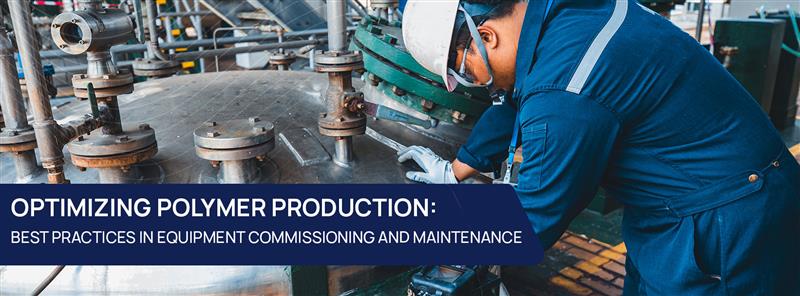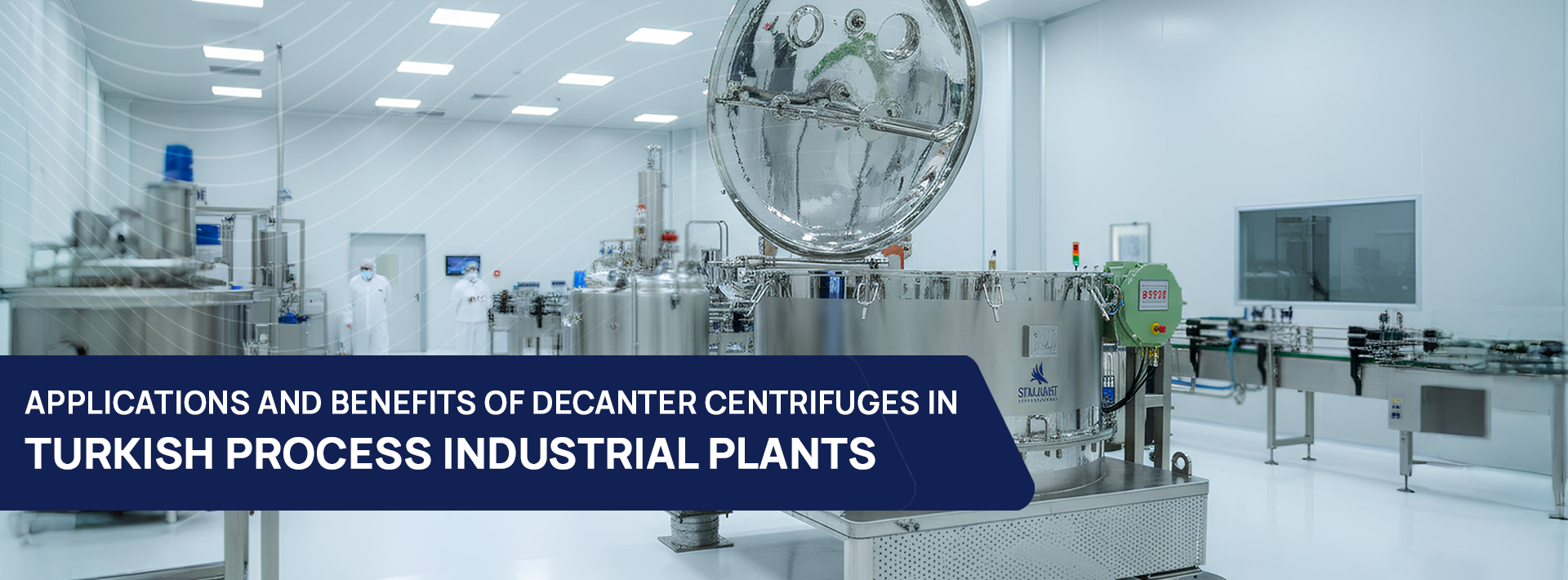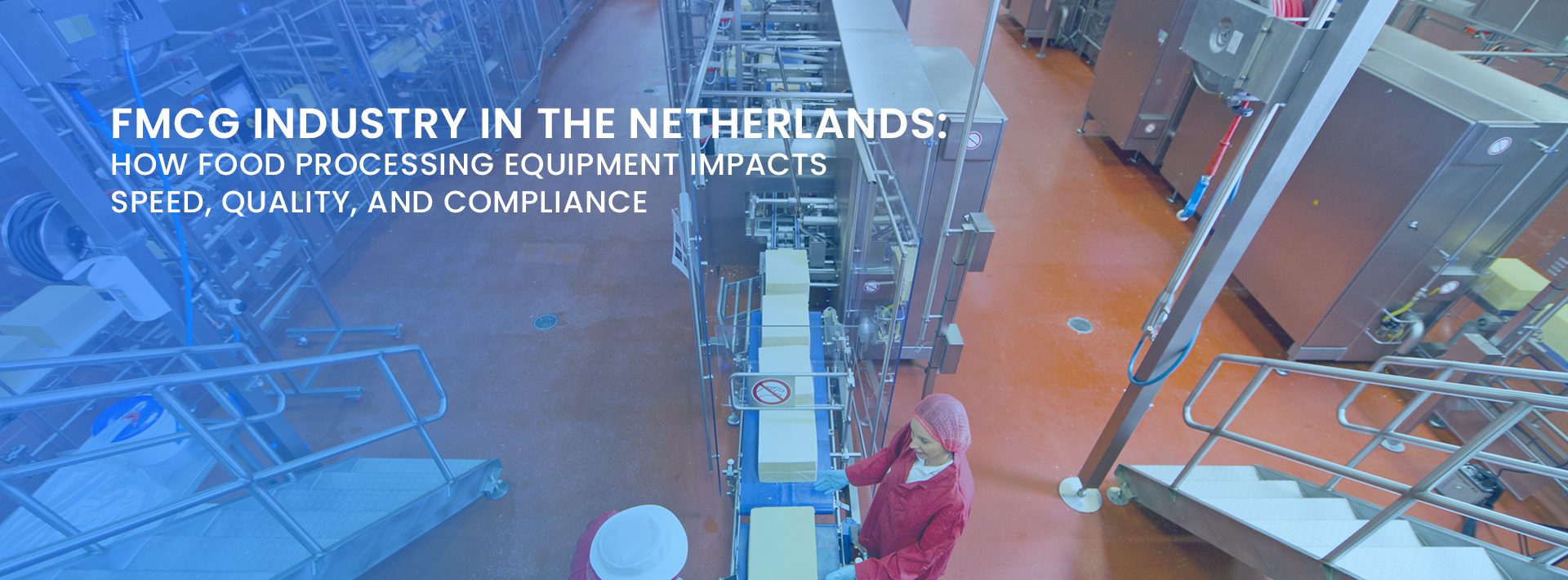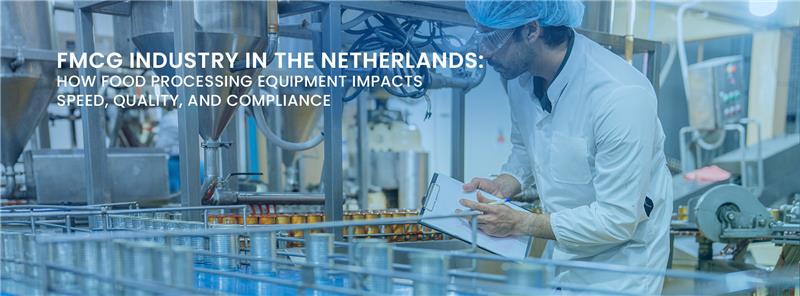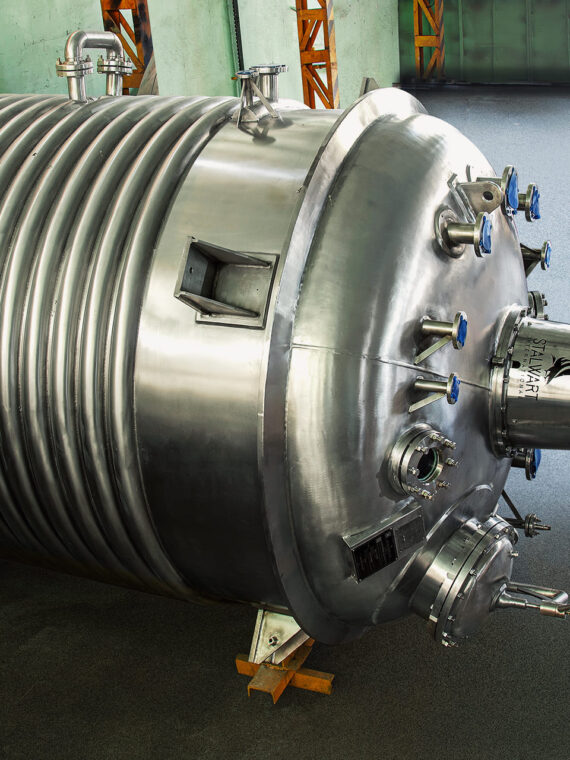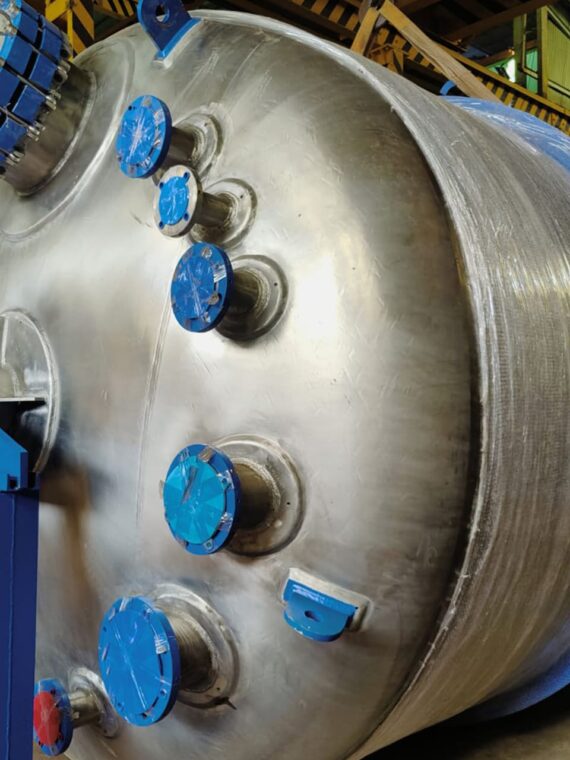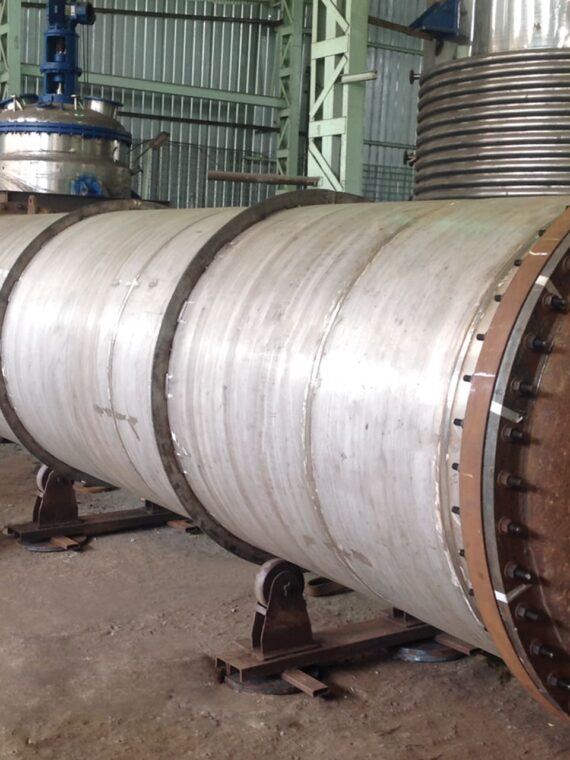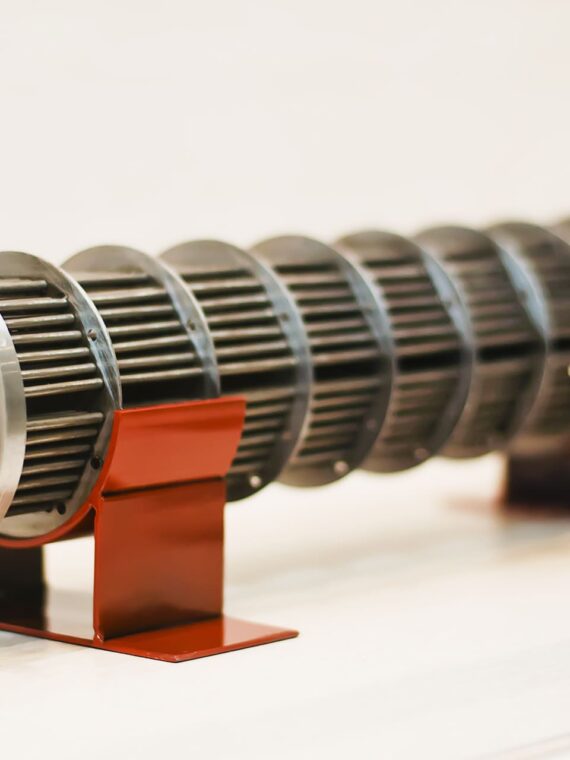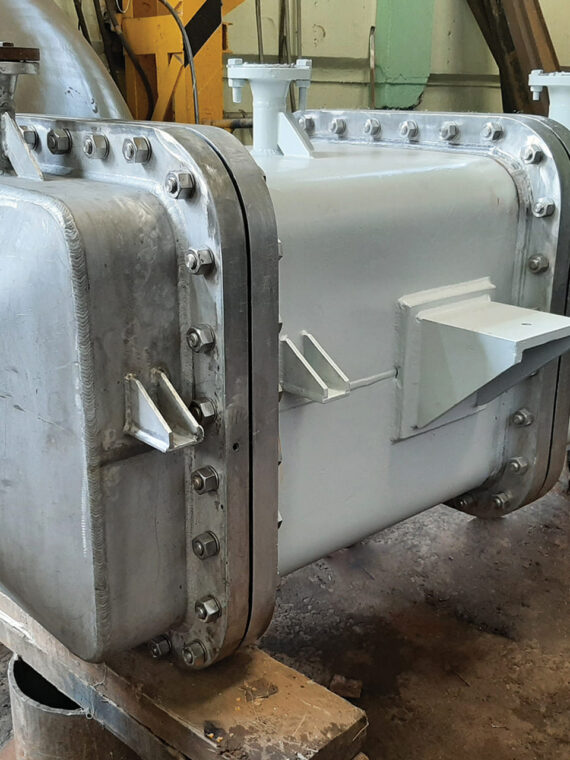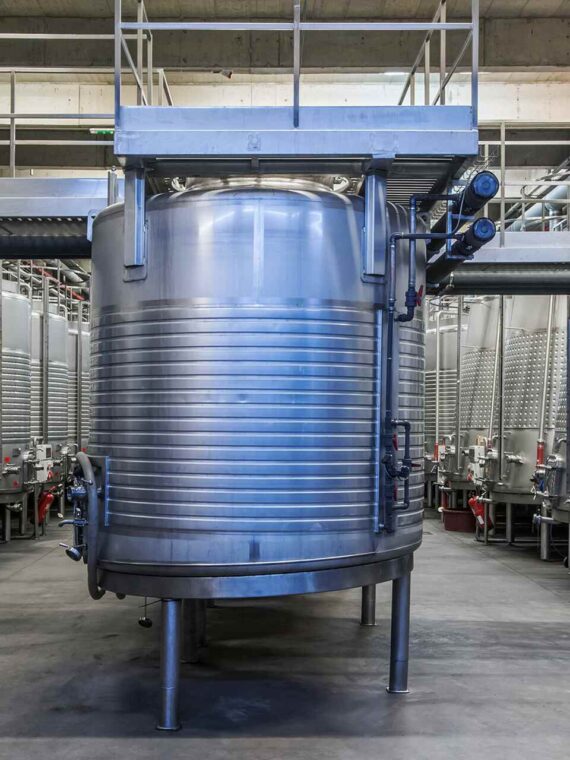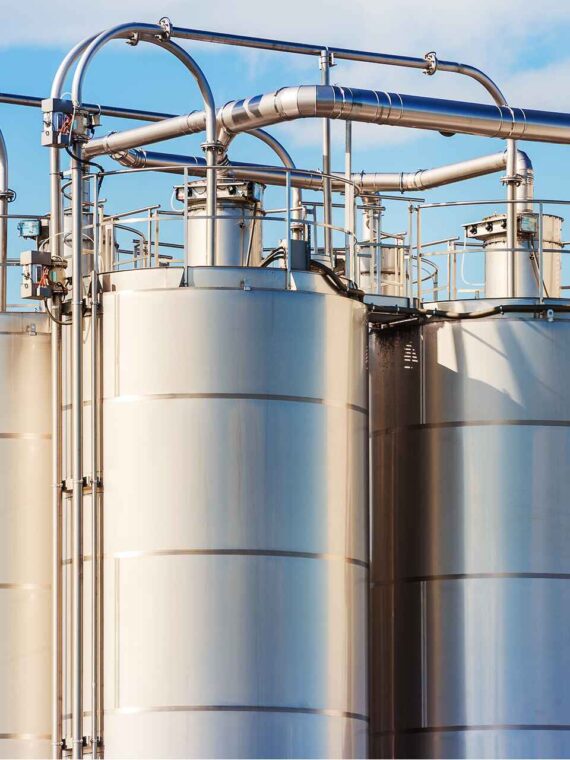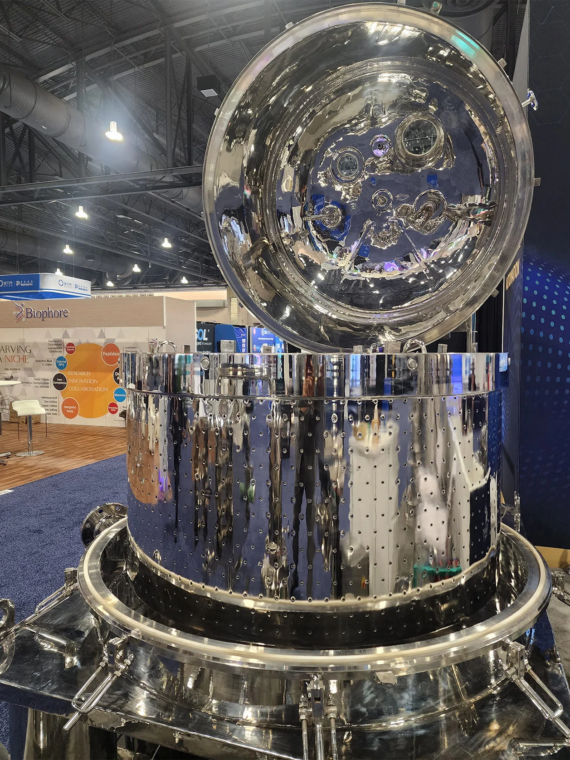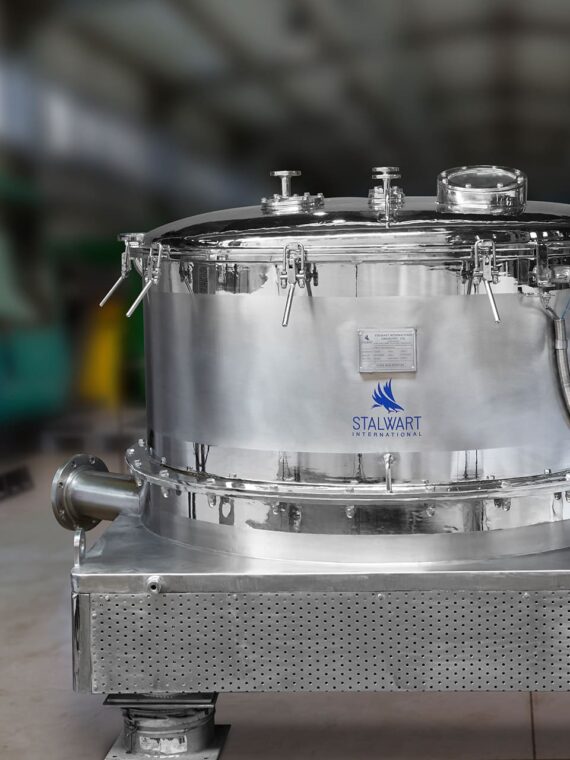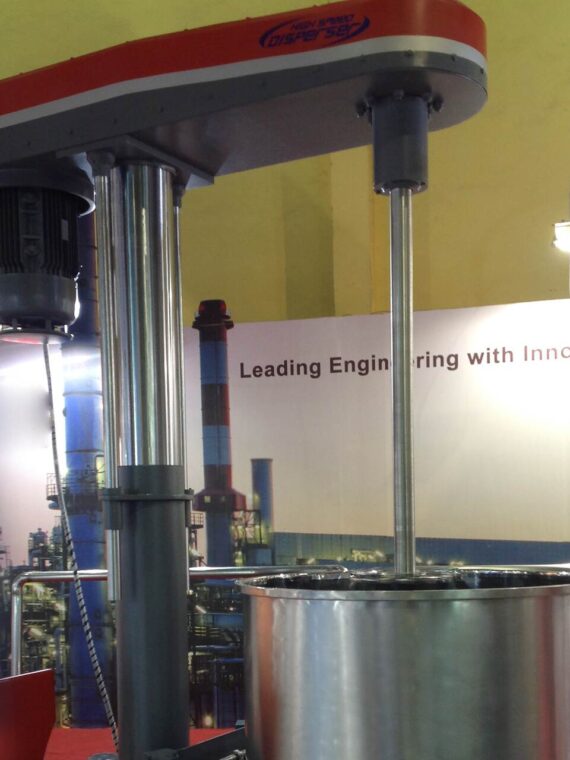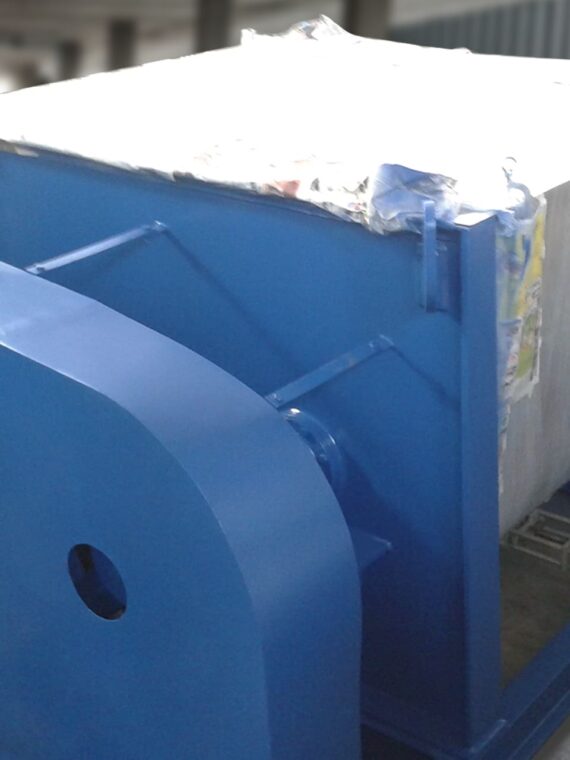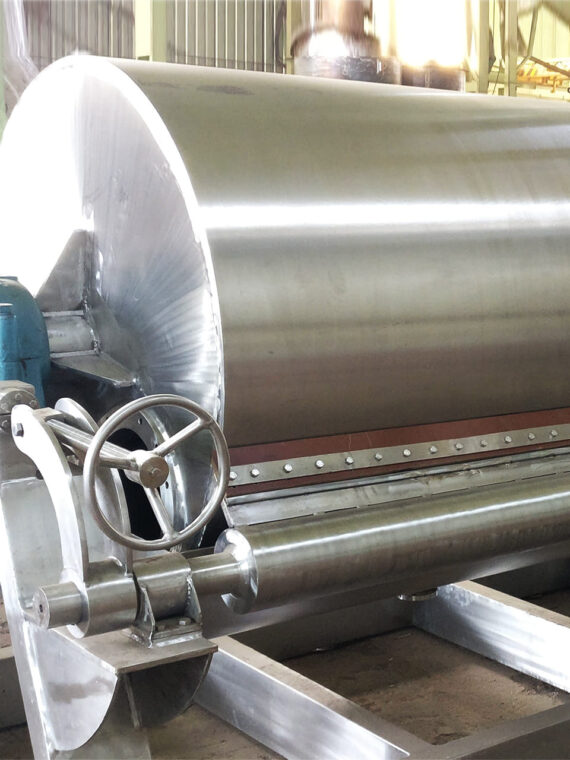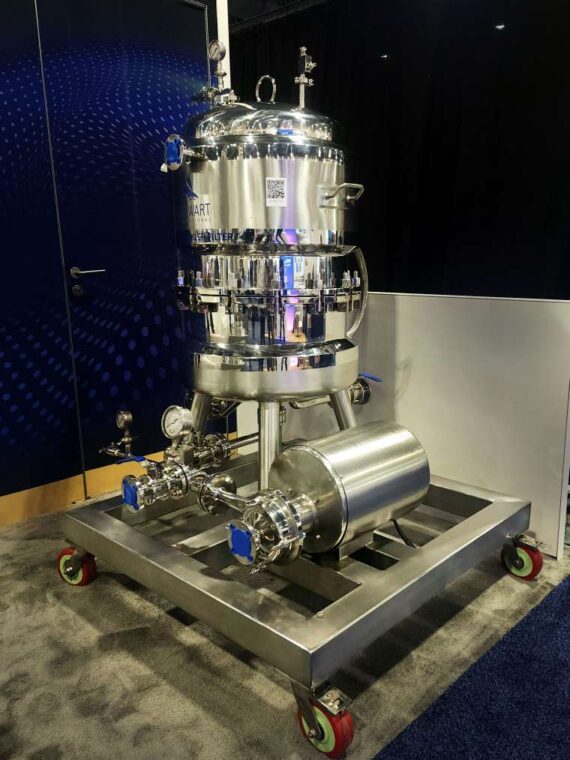It is an industry with a competitive environment, and efficient operations and reliability of uptimes are not an option in polymer manufacturing. Regardless of whether you manufacture thermoplastics, resins, or specialty polymers, your equipment must be optimally performing. This is where strong equipment commissioning Services and maintenance regimes are important.
The Importance Of Commissioning
Commissioning is not just a contractual box; it is the link between installation and operational readiness. It involves pre-commissioning activities, equipment inspection, and system testing covering everything from practical functionality to safety. For manufacturers aiming for seamless project execution, partnering with experts in industrial commissioning services ensures that every component is tested, optimized, and ready for peak performance.
Commissioning needs to develop more than acceptance testing into serious, real-time testing. Such end-to-end tests identify cross-system dependencies, which prevent unscheduled downtimes and cost overruns. Simulating production scenarios during Commissioning enables manufacturers to reveal latent inefficiencies and design issues, and therefore operate more safely, smoother from the get-go.
Properly executed Commissioning lowers operational expenses, makes energy more efficient, and increases safety, all of which bring manufacturing preparedness and sustainability big victories.
Polymer Equipment Best Practices in Commissioning
- Document and Plan Early: The good Commissioning begins at the pre-construction or even pre-design phase. Produce comprehensive documentation, including Owner Project Requirements (OPR), Basis of Design (BoD), and formal Commissioning Plan, with responsibilities, test procedures and integration plans.
- Fix the Commissioning Flow: Establish a logical progression (all the way down to pre-commissioning checks (installation verification), then subsystem testing, integration, and, lastly, operational simulation in real conditions).
- Not Just Acceptance Tests, Run Real-World Simulations: Replace basic pass/fail tests with the running of production-like simulations that stress the interaction of equipment under a load. This is vital in the detection of latent weaknesses or variabilities in the processes.
- Roll Out Teams and Tools: Effective Commissioning is dependent on well-trained teams that have access to sophisticated diagnostic tools and high levels of documentation to identify and correct problems as early as possible.
Maintenance Strategies, Which Maintain Optimum Operations
Maintenance is the way to guarantee sustained reliability after the commissioning of machinery. A proactive maintenance program with structure provides polymer operations with the resiliency that it requires.
Predictive Maintenance and Preventive Maintenance
Conventional preventive maintenance (PM) plans maintenance in either a time- or usage-based model. Predictive maintenance (PdM) has become popular in many modern-day facilities where the monitoring systems based on data predetermine the failures. PdM saves on downtime and maintenance expenses and enhances efficiency in operations.
Data Driven Decision-Making and Condition-based monitoring.
Monitoring equipment health by using sensor data and analytical models will enable the maintenance teams only to intervene when they need to. The technique allows balancing between equipment availability and cost and minimizing unnecessary interventions.
Maintenance Records Digitization
Measure baseline performance during commissioning to use in the future to benchmark performance. Have well-organized records of inspections, calibrations and repairs. Supportive documentation allows performance drift to be identified early and simplifies problem resolution.
The Best Results of Commissioning and Maintenance Integration
When commissioning and maintenance strategies are in harmony, even greater benefits will accrue:
- Fewer downtimes: Commissioning of the best quality will eliminate the problems of integration at the initial stages; PdM will help to avoid breakdowns at the later stages.
- Extended machine life: Preventive maintenance will limit the impact of wear and tear; analytics are used to calculate the optimal service intervals.
- Cost effectiveness: Early identification of the problem assists in ensuring that costly corrections that can be made are avoided; the optimized schedule assists in ensuring that there is no waste of time.
- Better safety and compliance: The strict testing that is done during commissioning and continuous monitoring of safety ensures that there is safety in operations and full compliance with industry requirements.
An experienced partner, such as reputed pressure vessel manufacturers in India, with expertise in both quality commissioning and full maintenance, offers a single-source solution to polymer manufacturers interested in the highest uptime and performance.
You May Also Like: How Stalwart Ensures Long-Term Durability in Equipment
Final Thoughts
Equipment handoff is just the beginning of operational excellence in polymer manufacturing, as is every maintenance cycle. With full-scope commissioning (as well as condition-based, predictive, and well-documented maintenance), you will not only ensure efficient production but also create resilience, increase equipment life, and save costs in the long run. For advanced polymer processing equipment solutions, partnering with experts ensures top-quality performance and long-term reliability.
FAQs
1. What factors affect the quality of polymers in production?
The quality of polymers is influenced by factors such as raw material purity, precise temperature control, reaction time, equipment efficiency, and proper commissioning. Regular maintenance of polymer processing equipment ensures consistent product quality and minimizes defects.
2. How can equipment commissioning improve polymer production efficiency?
Proper commissioning ensures that all machinery and systems are fully functional, calibrated, and optimized before full-scale production begins. This reduces energy wastage, minimizes downtime, and ensures that the polymer production process runs smoothly from day one.
3. What maintenance practices are best for polymer manufacturing equipment?
The best maintenance practices include condition-based monitoring, predictive maintenance, regular inspections, and timely replacement of worn parts. Well-documented maintenance schedules help extend equipment lifespan and maintain production consistency.
4. How can polymers be made more sustainable during production?
Polymers can be made more sustainable by using eco-friendly raw materials, implementing energy-efficient processes, recycling waste polymers, and ensuring equipment operates at peak efficiency through commissioning and preventive maintenance.
5. Why is predictive maintenance important in polymer manufacturing?
Predictive maintenance uses real-time data to detect potential equipment failures before they occur. In polymer manufacturing, this helps avoid unexpected downtime, reduces repair costs, and ensures uninterrupted, high-quality production.


